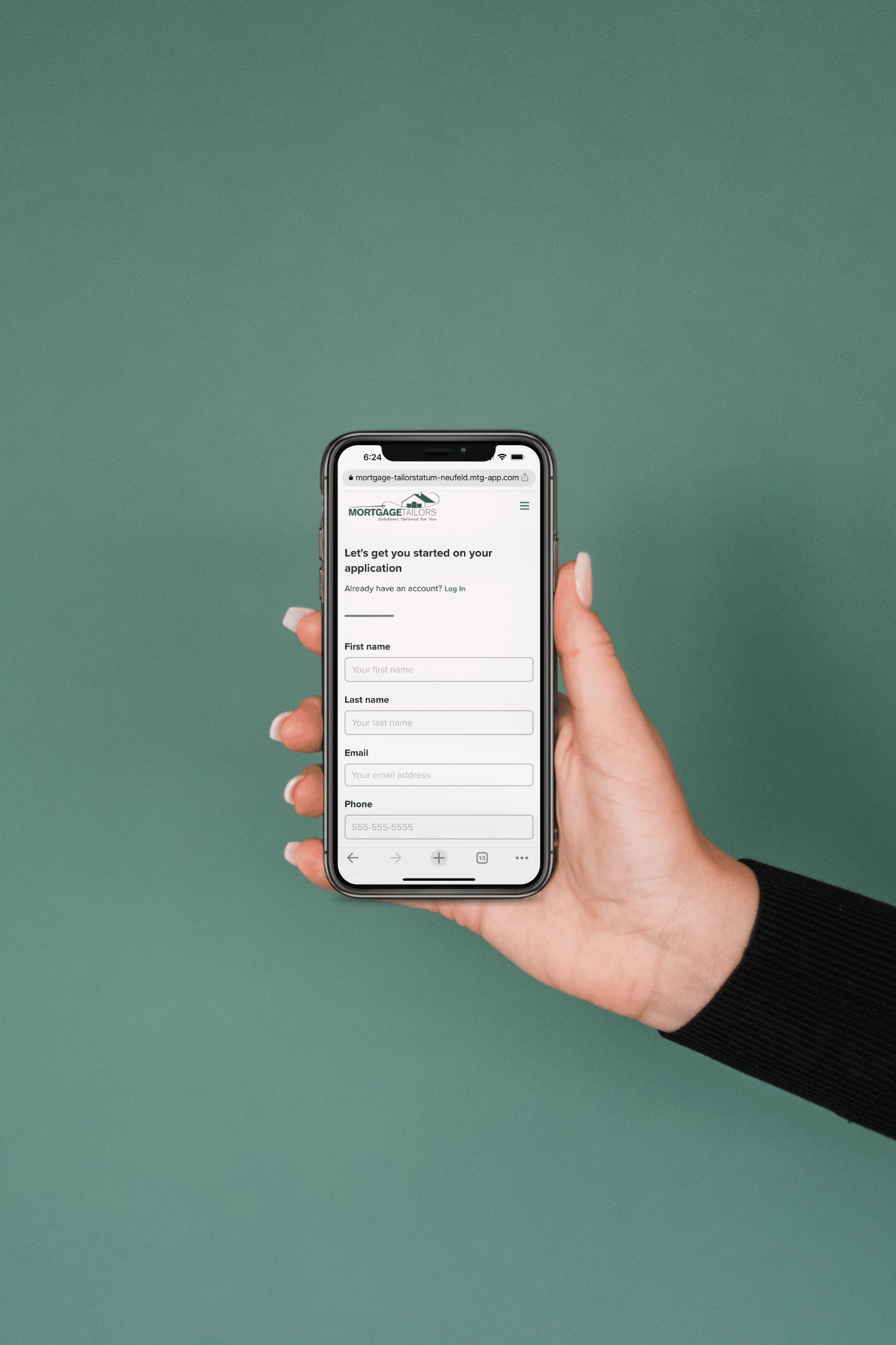
What does conditional mortgage approval really mean? Conditional mortgage approval is when a lender approves a mortgage based on the information they receive from a mortgage broker. When they issue a commitment it comes with conditions.
If the conditions are satisfied, such as income verification and down payment, then it becomes unconditional.
When we ask for the following documents such as a letter of employment, current pay stub, and last 2 years T4’s. These documents are what the lender reviews for your income. They call the employer to verify you are still employed, and how your income is derived. Once this has been satisfied, the income condition is removed.
The next condition is the down payment and closing costs. Lenders need to verify your down payment based on the most recent 90 days bank statements. This is for any account the funds would come from.
The reason lenders request 90 days is they are looking for any irregular large deposits. As an example, say you sold a vehicle for $5000 and deposited the funds into your bank account. They would require proof of the large deposit via a bill of sale.
If any funds are gifted from an immediate family member, they require a signed gift letter noting the funds are gifted and non-repayable.
They also need to confirm you have enough funds in your account to cover closing costs. Closing costs can vary between lenders but typically range from 0.5% to 1.5% of the purchase price.
These closing costs cover things such as legal fees to handle the transaction, a property tax adjustment, hook-up costs when you move into a home, etc.
If your down payment is coming from a house that is being sold, they require an unconditional offer on your home, a current mortgage statement, and MLS. From these documents they can confirm there is enough equity from the sale to move forward with a new purchase.
Once the lender has reviewed all the documents, we requested from you and sent to them, they let us know that you are now safe to remove your financing condition.









